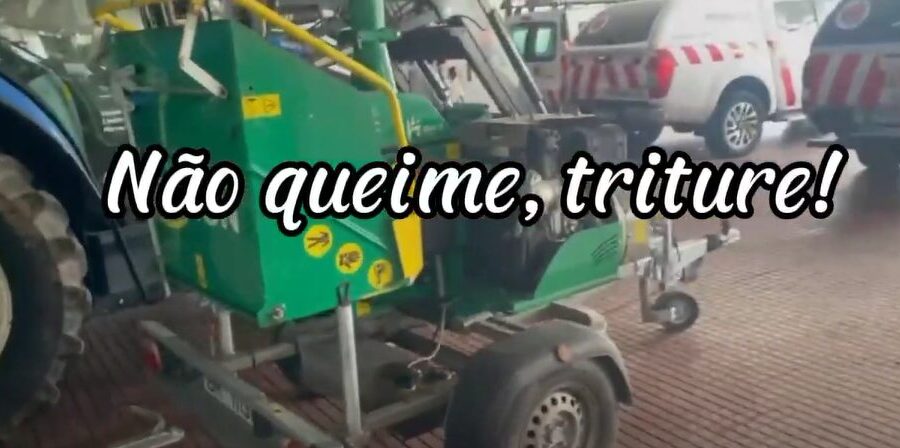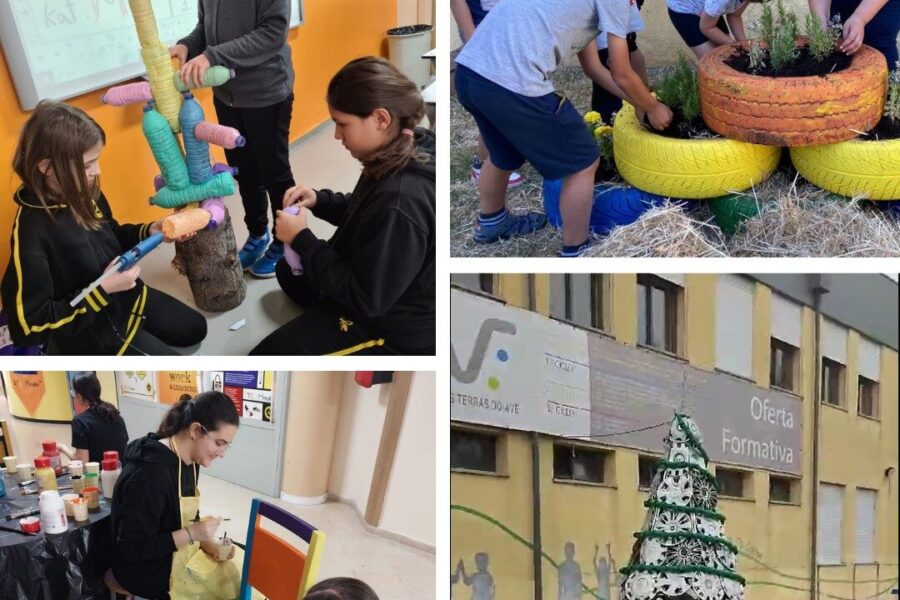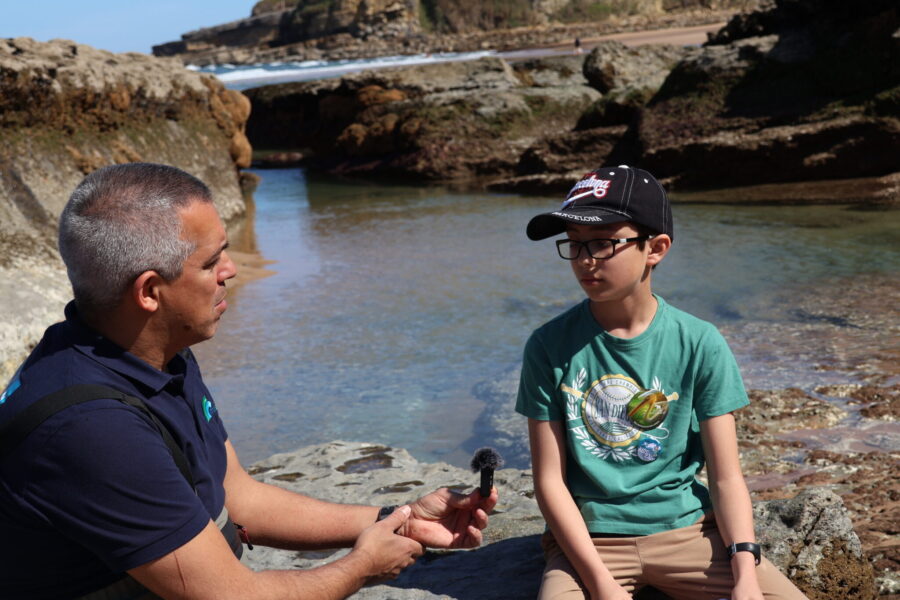
Não queime, triture!
Neste momento o nosso planeta está a passar por várias mudanças, mudanças que não são positivas, pois prejudicam toda a Biodiversidade existente e daqui por algum tempo, serão inalteráveis. Uma das situações mais problemáticas tanto a nível ambiental, como a nível de segurança populacional, são os incêndios que, para além de provocarem o agravamento do efeito estufa, também são um perigo para os cidadãos e as respetivas habitações. Estes são muitas vezes causados pelas queimas desprotegidas de resíduos, a melhor maneira de os evitar, é não fazendo queimas. O município de Braga, através da divisão de Proteção Civil desenvolveu um projeto com âmbito de substituir as queimas de sobrantes agrícolas ou florestais, por trituração. Este consiste num equipamento, chamado Biotriturador, capaz de transformar os resíduos das podas, em fertilizantes naturais ou usá-los para a produção de energia elétrica.

“Hope and action: a circular approach of schools in Portugal, Turkey, and the Netherlands to prevent waste.”
Waste generation has increased massively around the world, and there are no signs of it slowing down. The amount of waste produced by schools is no exception. Research shows the average secondary school produces 22kg of waste per pupil annually. The figure for primary schools is even higher at 45kg per pupil.(1) If not managed sustainably through reduction, reuse, or recycling, landfill waste contributes to pollution of air, water, and soil, fueling climate change. As Young Reporters for the Environment in Portugal, Turkey and the Netherlands, we conducted a study on how to prevent school waste by circular approach.



You must be logged in to post a comment.